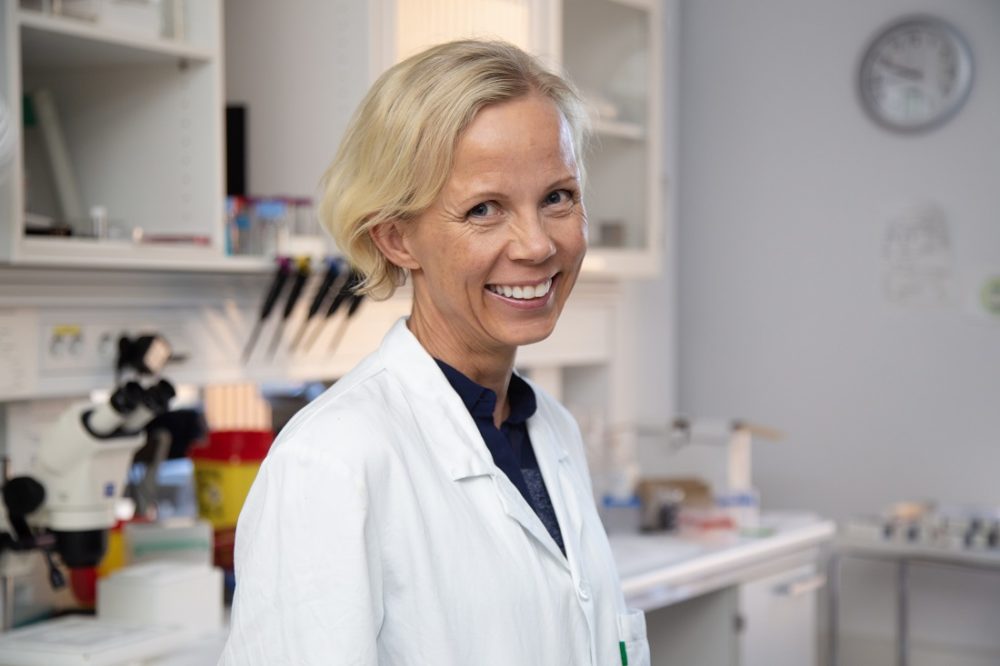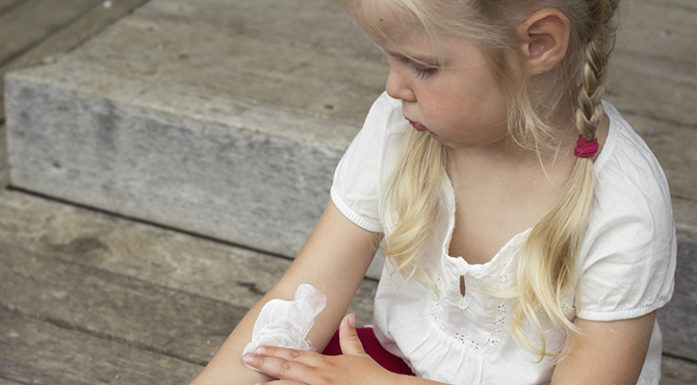Can exercise make breast milk better?
Research scientist Trine Moholdt at the Norwegian University of Science and Technology (NTNU) has been awarded an ERC Starting Grant from the European Research Council (ERC). She will study how exercise impacts breast milk composition.
Breast milk not only consists of nutrients to the growing baby, but also several other important compounds for growth and development. It is recommended (in Norway) that infants receive only breast milk until they are six months old and that the mother is physically active.
Currently, we know a lot about the effects of exercise training on most organs and tissue in the body, but very little about the effect of exercise on breast milk composition. New technology enables us to undertake very detailed analyses of different compounds in the breast milk.
“My aim is to understand what the effects are of endurance exercise training on breast milk composition and how “exercised milk” influences the infant’s growth and health. The overall goal of this research is to find a strategy to mitigate childhood obesity”, says Moholdt.
She is a research scientist at the Department of Circulation and Medical Imaging at the Faculty of Medicine and Health Sciences, NTNU.
In this project, the researchers will assess both the acute changes to breast milk after one single exercise session and also determine whether there are any adaptations to the milk after a period of training. The researchers will include about 100 breastfeeding mothers in the project. Some of these women will exercise regularly for eight weeks, under close supervision in the laboratories.
ExMilk
The ExMilk project will last for five years and have a budget of around 23.5 million NOK, of which around 19 million NOK comes from ERC and the rest are internal funding from NTNU.
Moholdt will employ one technician, one PhD candidate and two post-doctoral fellows in the project team, in addition to other collaborators at NTNU.
Collaboration
“We are in a lucky position at our university as we have access to state-of-the-art core facilities for exercise training and testing, and for most of the analyses we are going to perform in our project,” says Moholdt.
She is hoping for a good collaboration with the Women’s Clinic at St. Olavs hospital and with the Trondheim municipality for implementation of the project.
“It is a great honour to get this grant, as an ERC Starting Grant is very prestigious. Most of all I’m happy to be able to continue doing the work that I love for five more years. Our research is important, and I hope it will benefit the public.”






